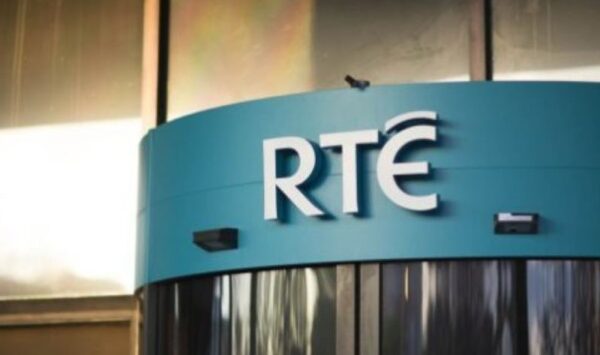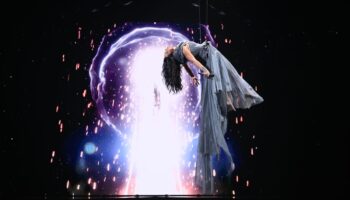RTÉ has formally asked the European Broadcasting Union (EBU) to hold a discussion on Israel’s inclusion in the 2025 Eurovision Song Contest, as international concerns grow over the war in Gaza. RTÉ Director General Kevin Bakhurst confirmed the request, aligning Ireland’s broadcaster with other European voices calling for debate on the matter.
Amid ongoing military action in Gaza and the humanitarian toll it has caused, Kevin Bakhurst stated that RTÉ has reached out to the European Broadcasting Union (EBU) to initiate a discussion on Israel’s place in this year’s contest. While membership in the EBU remains the key criterion for Eurovision participation, Bakhurst said the Irish broadcaster could not remain silent in light of the unfolding tragedy.
Kevin Bakhurst said he is “appalled by the ongoing events in the Middle East and by the horrific impact on civilians in Gaza, and the fate of Israeli hostages.” While reaffirming RTÉ’s responsibility to remain impartial in its news coverage, he stressed the need for the broadcaster to engage in meaningful conversations about Israel’s continued presence in the contest, especially considering the political pressure faced by Israel’s broadcaster Kan from its government.
This move follows growing pressure from within Ireland. Members of RTÉ’s own sub-branch of the National Union of Journalists (NUJ) had previously called on the broadcaster to take a public stance. They sent a letter urging Bakhurst to join other broadcasters in asking the EBU to suspend Israel from the competition, drawing parallels with Russia’s 2022 exclusion following its invasion of Ukraine.
EBU responds: “No public opposition from broadcasters”
In response, Eurovision Song Contest Director Martin Green said that no participating EBU broadcaster has publicly opposed Israeli broadcaster Kan’s inclusion. According to Green, “the broadcasters mentioned in the letter, RTVE in Spain and RTVSLO in Slovenia, requested a discussion,” but did not formally oppose Israel’s presence. He added that RÚV in Iceland had only relayed remarks from the country’s foreign minister.
Acknowledging widespread concern, Green said the EBU is aware of the “deeply held views around the current conflict in the Middle East.” However, he stressed that the organisation aims to keep Eurovision a positive space that fosters unity through music. “We all aspire to show the world as it could be, rather than how it necessarily is,” he added.
He also noted that the EBU, as a group of public broadcasters rather than governments, does not draw comparisons between conflicts. In defence of Israel’s public broadcaster, he confirmed that the EBU is supporting Kan amid threats of privatisation or closure by Israeli authorities.
Meanwhile, Emma O’Kelly, chair of the NUJ Dublin Broadcasting Branch, told RTÉ’s Morning Ireland programme that the time for action is now. “We collectively believe that there’s a moral obligation on RTÉ and on the EBU to act to suspend Israel,” she said. Comparing the current crisis to Russia’s actions in Ukraine, O’Kelly pointed to ongoing civilian deaths and legal cases against Israeli leadership as justification for Israel’s suspension.
Israel will be represented in this year’s contest by Yuval Raphael with New Day Will Rise.




